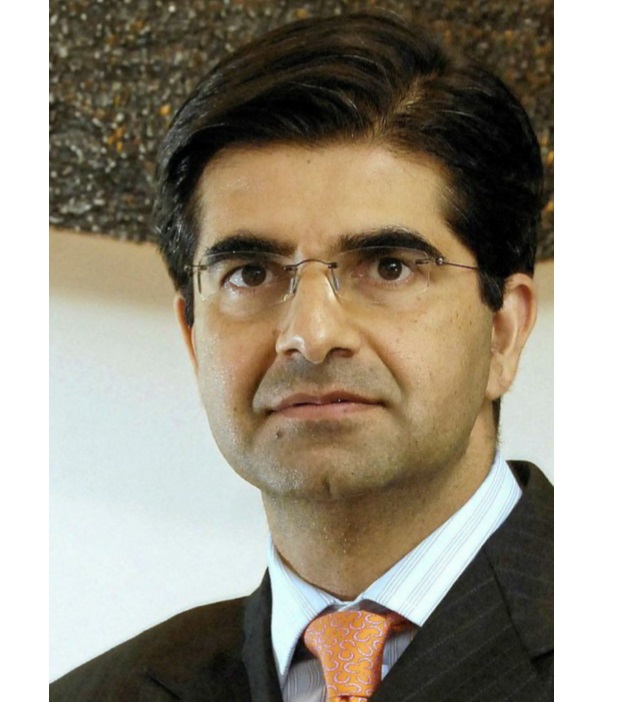
Oil and gas explorer says ‘potential liquidity shortfall’ threatens ability to pass lenders’ test
| THE INDEPENDENT | Tullow Oil plc has warned it risks defaulting on a debt facility if it does not resolve a potential liquidity shortfall, as it slumped to a $1.4 billion pre-tax loss for the first half of the year.
The London-listed Africa-focused explorer said on Sept.9 that a “potential liquidity shortfall” threatened its ability to satisfy requirements at a “redetermination” next January of its reserves-based lending (RBL) facility.
Tullow’s lenders will revalue the collateral used in calculating the amount of money they loan to the company, based on the value of its collateral. They will determine if there are any significant changes to the underlying worth of the items in question.
Tullow delivered the warning as its half-year results showed it had fallen into the red for the six months to June 30, compared with a $268 million pre-tax profit during the same period last year.
Its net debt pile also increased to $3 billion from $2.9 billion at the same point last year, while free cash flow was negative, which the company blamed on factors such as redundancy costs, tax and necessary capital expenditure.
Revenues were 16% lower year-on-year at $731 million as production fell and the group realised lower oil prices for its output.
But the biggest hit to the results came from a $941 million reduction in the book value of Tullow’s assets in Uganda — due to be sold to France’s Total — and in Kenya; plus $418 million of impairments reflecting lower long-term oil price assumptions.
Tullow Oil plc (Tullow) announced in April that it has agreed the sale of its assets in Uganda to Total E&P for $575 million in cash plus post first oil contingent payments with an effective date of Jan.01, 2020.
It said under the transaction, which marked the first step in its portfolio management programme to raise in excess of $1 billion, principles on tax treatment of the transaction agreed with Uganda Revenue Authority (URA).
Tullow said it would use the proceeds to reduce its net debt, strengthen its balance sheet and move Tullow towards a more conservative capital structure.
“This deal is important for Tullow and forms the first step of our programme of portfolio management,” said Dorothy Thompson, then-Tullow executive chair, “It represents an excellent start towards our previously announced target of raising in excess of $1 billion to strengthen the balance sheet and secure a more conservative capital structure.”
That deal still awaits approval from the government of Uganda.
The company said it was exploring “various refinancing alternatives” but the news, revealed in its half-year results, pushed its shares down a fifth in early trading in London.
At the January redetermination of its RBL, Tullow must show sufficient funds for the following 18 months, a period that includes the falling due of $650 million of debt in April 2022.
The company warned that if it was unable to show it had sufficient funds for the 18 months to July 2022 or resolve the “forecast liquidity shortfall” within 90 days of failing the January test, “there will be an event of default under the RBL facility by the end of April 2021”.
It said actions under consideration to address the potential shortfall included refinancing the senior notes due in April 2022 or convertible bonds due in July next year.
Other options under review include seeking to “secure new liquidity from banks or capital markets investors”.
A number of smaller independent explorers have reported losses for the first half of the year after Brent crude prices slumped from almost $70 a barrel in January to below $20 in April as the coronavirus pandemic ravaged global energy demand.
But Tullow was already battling its own problems before the pandemic. Its shares plummeted 70% last December when it told investors it expected production to be almost a third lower than it had forecast at the outset of 2019.
Chief Executive Rahul Dhir, who joined the group in April from rival Africa-focused oil and gas group Delonex Energy, has ordered a “comprehensive review” of the company’s “portfolio, growth prospects and capital structure”, which he expects to lay out at a capital markets day “towards the end” of this year.
Dhir told the Financial Times on Sept.09 there was no “silver bullet” to solving Tullow’s difficulties but he stressed the company was also making progress in slashing its cost base and insisted the board had “conviction there is potential in the business” once its capital structure was addressed.
Before Dhir’s arrival, Tullow had already set out a plan to raise more than $1bn through disposals and by axing 35% of its workforce.
****
 The Independent Uganda: You get the Truth we Pay the Price
The Independent Uganda: You get the Truth we Pay the Price



